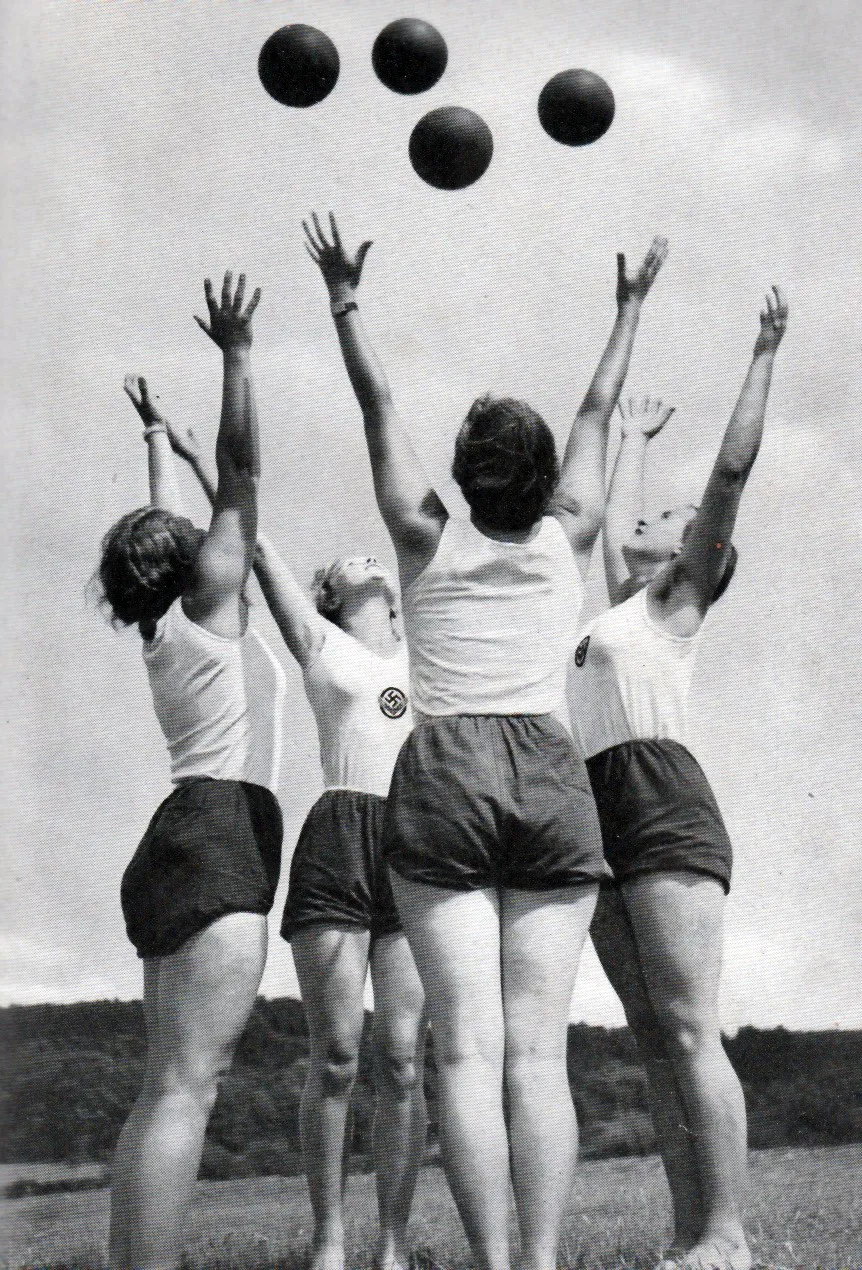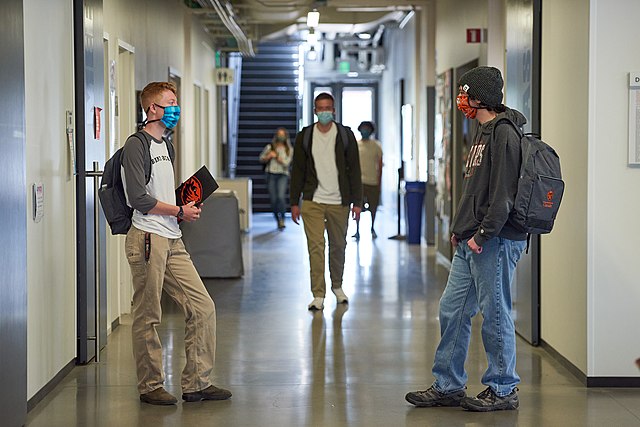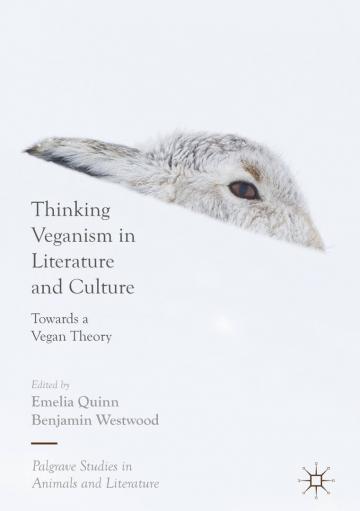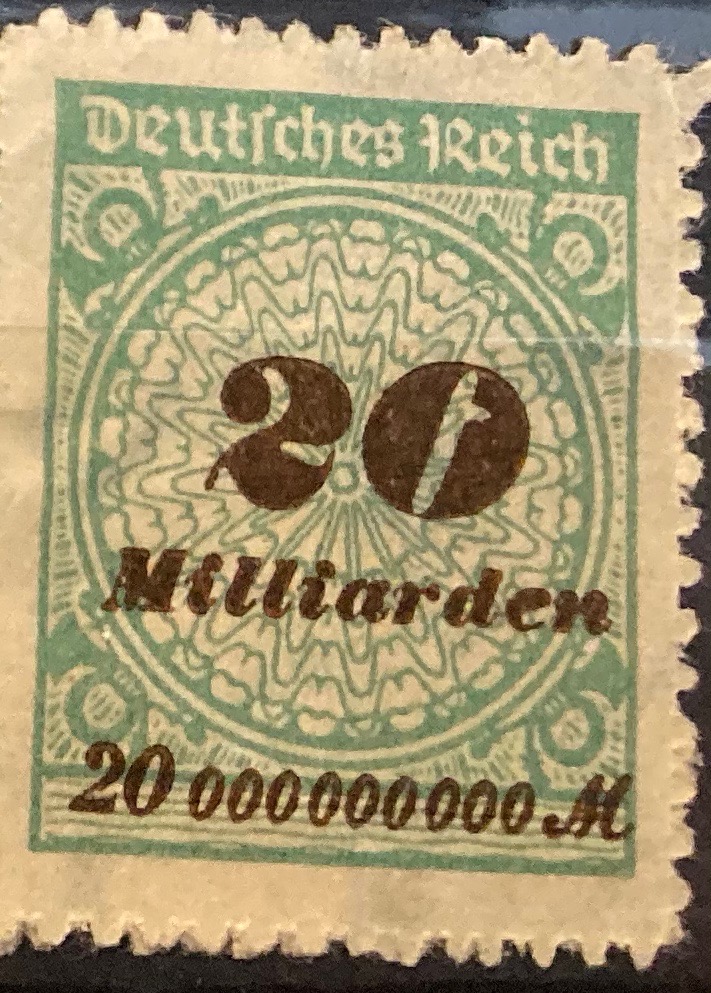Epigraph:
‘Since those years it has often been said by pacifists – as in a brave, lop-sided pamphlet which I read only the other day – that war creates more criminals than heroes; that, far from developing noble qualities in those who take part in it, it brings out only the worst. If this were altogether true, the pacifist’s aim would be, I think, much nearer of attainment than it is. Looking back upon the psychological processes of us who were very young sixteen years ago, it seems to me that his task – our task – is infinitely complicated by the fact that war, while it lasts, does produce heroism to a far greater extent than it brutalises.
Between 1914 and 1919 young men and women, disastrously pure in heart and unsuspicious of elderly self-interest and cynical exploitation, were continually re-dedicating themselves – as I did that morning in Boulogne – to an end that they believed, and went on trying to believe, lofty and ideal. When patriotism ‘wore threadbare’, when suspicion and doubt began to creep in, the more ardent and frequent was the periodic re-dedication, the more deliberate the self-induced conviction that our efforts were disinterested and our cause was just. Undoubtedly this state of mind was what anti-war propagandists call it – ‘hysterical exaltation’, ‘quasi-mystical, idealistic hysteria’ – but it had concrete results in stupendous patience, in superhuman endurance, in the constant re-affirmation of incredible courage. To refuse to acknowledge this is to underrate the power of those white angels which fight so naïvely on the side of destruction.’
Testament of Youth, Vera Brittain, 1933 (emphasis mine)
Whether we are on the left or the right, believe in Brexit or remain, believe that climate catastrophe or nuclear catastrophe is the bigger threat to humanity – we generally believe that we are, and are working for, good.
Of course we know that we don’t always live up to our ideals. Sometimes we prioritise survival or greed over altruism; fear or ease over ideals.
Still, conscious evil is rare.
We’re creatures of moral instincts. For all that some would translate altruism into Darwinese and call it selfishness, subjective experiences of self-sacrifice are real.
And yet despite the fact that we far more often act out of good impulses than bad, we also know that human history is a bloody mess.
Partly, we say now, because people used to act on ideals resting on errors. Witch-hunts which rested on a type of belief in a type of Devil which are both now rare.
But the mess that is history remains a mess, and now that more people have more power and freedom than for most of history, the blame for that mess is more widely spread.
Democratic governments pursue wars of choice and support dictators elsewhere. Inequality grows. Whistleblowers such as Julian Assange, Chelsea Manning and Edward Snowden are persecuted. And it’s not just that most of us are too tired, busy, stressed or depressed to care.
Good ideals can produce evil results.
Or to put it another way: if the only evil in the world were that produced by natural disasters or humans behaving evilly, then there would be very little evil indeed.
‘The road to hell is paved with good intentions.’
I am half German. One of my aunts, one of the best, most selfless, idealistic people I ever knew, first brought all her idealism to the Bund Deutscher Mädel – the Nazi girls’ wing – before she became a left-wing politician and an assister of immigrants.
So I’ve had cause to ponder this.
Of course, good faith can be mixed with bad. Because most people want to be good, they can go some way to convincing themselves that what suits their own interests is right for all. Such a manoeuvre underlies certain political positions.
Sometimes the bad faith predominates. Shakespeare’s King Lear, in the moral lucidity of his madness, points out:
‘Plate sin with gold and the strong lance of justice hurtless breaks;
Arm it in rags, a pygmy’s straw doth pierce it.’
Today we see increasingly:
‘Plate sin with virtue and virtue with gold and the strong lance of justice hurtless breaks.’
Express progressive social views, denounce agreed villains, donate to fashionable causes, and deflect the lance of justice from your sin for as long as possible. Virtue signalling becomes virtue plating.
But let’s concentrate on people of good faith.
Who may, at a given moment, think that ends justify means, omelettes justify egg-breaking, and intended damage justifies collateral damage.
At the extreme, we have the French and Russian Revolutionary Terrorists, the virtuous executioners, the justified torturers.
But really this is just a strong form of moral bias – that one good outweighs another. That avenging an oppressed class is a collective good that outweighs the importance of rendering individual justice.
And therefore that because millions of rich people, Christians, and men, have oppressed millions of poor people, Muslims, Jewish people, and women – a given rich person, Christian, or man is necessarily guilty. And a woman who alleges rape should necessarily be believed.
The belief that Julian Assange is guilty of rape simply because rape was alleged of him therefore has kinship with the revolutionary terrors.
Such thinking gives good ideals a bad name.
When in King Lear the good characters have lost their voluntary war to topple the evil characters, the heroine tells her father on their way to jail:
‘We are not the first
Who with best meaning have incurred the worst.’
In their case the backfiring involves miscarried military ambition.
In the case of collective justice overwhelming individual justice, the causes of the oppressed groups themselves are harmed by association with injustice – and further Islamophobia, anti-Semitism, and misogyny are produced.
Most dangerous of all is the manipulation of the good impulses of the many by the cynicism, or moral madness, of the few.
Take my aunt. Wanted to help the poor. Loved her country, nature, and moral and physical health. Wanted to make Germany great again. Might, if she’d been any older than sixteen when the War ended, have done some serious evil – the greater because her idealism was strong.
Relatively unpopular dictatorships like the Greek colonels don’t achieve half as much evil, because they fail to harness half as much good.
The impulse to prevent human rights abuses, by states and/or men, is harnessed by political manipulators in support of economic and political imperialism, and wars intended primarily to acquire natural resources and extend military bases at whatever cost to human rights.
The impulse to oppose racism is harnessed to prohibit criticism of Israel’s racist actions.
The impulse to defend women from male oppression has been harnessed to drain support from Julian Assange on the basis of allegations and investigations which – on inspection – bear very many signs of having been politically motivated.
Character assassination – against Jews, Marie Antoinette, Albert Dreyfus, Julian Assange – invariably appeals to idealism. To the ideals that condemn killing Christian children, committing incest, having multiple mistresses, or committing rape, as wrong.
But it avoids appealing to the ideal that someone is innocent until proven guilty. Or that being guilty of one thing – having mistresses – does not prove anyone guilty of another – high treason. Or that weaponization of certain ideals to trample on others should be condemned.
‘My enemy’s enemy is my friend.’
That may be. We may rub along. But only insofar as my enemy’s enemy’s enmity towards my enemy is in good faith rather than intended to weaponize my own enmity, and only insofar as it is based on ideals rather than being self-serving.
So – if I criticise Trump – I will not for that reason make common cause with the intelligence agencies, with arms companies, or with NATO.
Nor will I accept without proof that anyone’s motivation to do anything is the desire to support their enemy’s enemy – for example, that Julian Assange released the DNC and Podesta emails in order to support Putin or Trump.
So, given that we’re all moral beings, let’s be smart ones.
Balance ideals. Avoid manipulating. Resist manipulation.
Be full of good intentions.
But avoid paving the way to hell.
Free Julian Assange.




